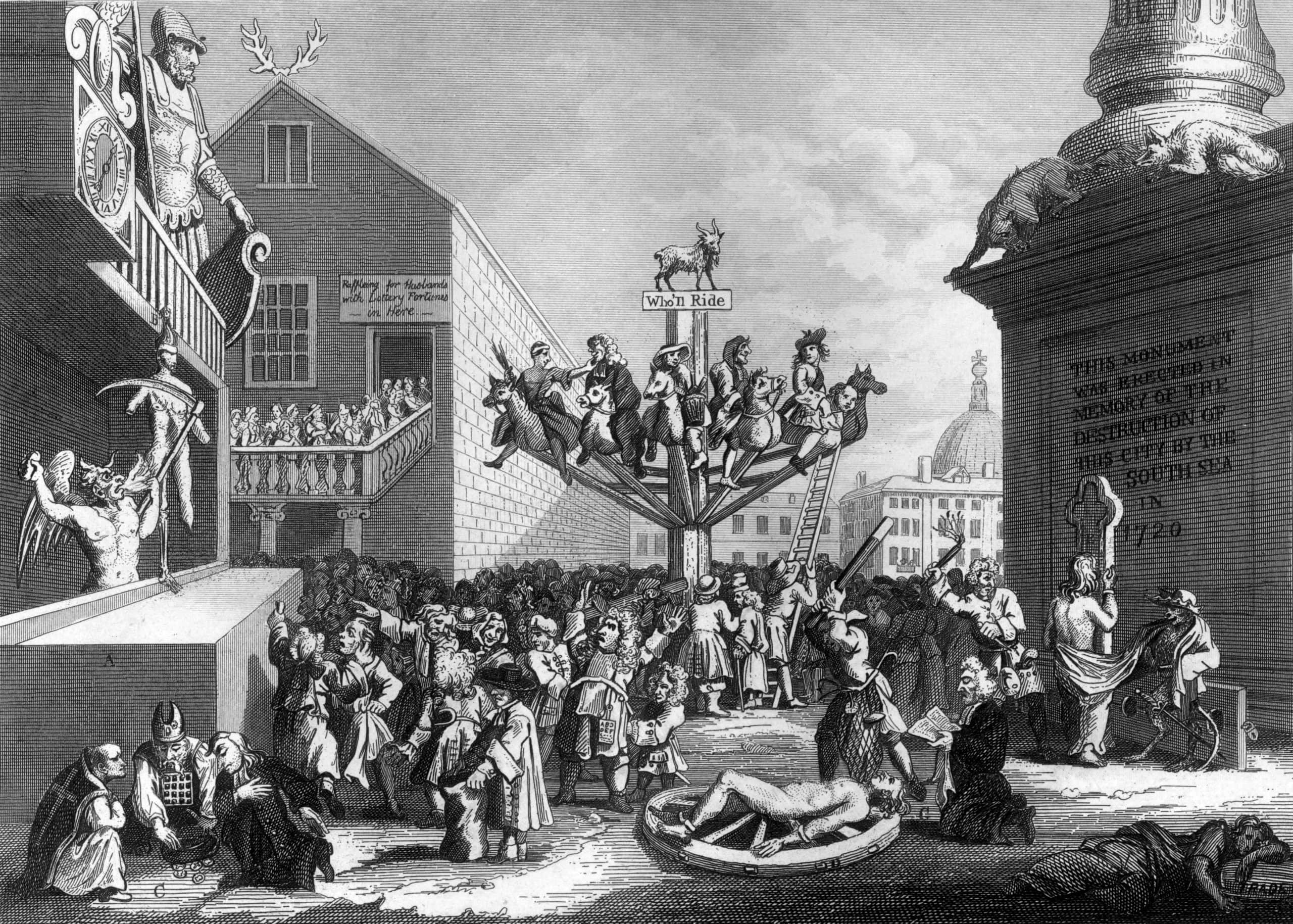Let's embark on a journey through the annals of economic history, as September's arrival heralds a time for prudent reflection on financial events that have indelibly marked the global economy. In the midst of the autumn breeze, we are reminded of the tumultuous financial storms that have historically brewed during this month. In this article, we delve into five cautionary tales from economic history, stories that continue to reverberate with investors and policymakers alike.
1. The South Sea Bubble (1720): A Lesson in Speculation
Transport yourself to the early 18th century when the allure of the South Sea Bubble ensnared investors with grandiose promises. Yet, this captivating speculation soon spiraled into an uncontrollable frenzy, ultimately leading to financial devastation. The South Sea Bubble stands as a stark reminder of the perilous consequences that await those who chase after quick riches.
2. The Wall Street Crash (1929): The Great Depression Looms
The Roaring Twenties, a decade of unbridled excess, came to an abrupt halt with the cataclysmic Wall Street Crash of 1929, which in turn triggered the Great Depression. This historic event serves as a poignant testament to the catastrophic ramifications of unchecked market exuberance and the far-reaching impact it can inflict.
3. The Dot-Com Bubble (2000): Frenzy in the Digital Age
As the new millennium dawned, the dot-com bubble emerged, propelled by fervent investments in internet-related stocks. However, when this bubble inevitably burst, a multitude of startups vanished overnight. This serves as an enduring cautionary tale, emphasizing that innovation must be coupled with sustainable business models to weather the turbulent storms of the financial world.
4. The Financial Crisis (2008): Too Big to Fail
The reverberations of the 2008 financial crisis sent shockwaves across the globe, laying bare the fragility of the interconnected financial system. Government bailouts raised profound questions concerning moral hazard, leaving an indelible mark on financial policy discussions. This crisis underscored the profound consequences of financial interconnectedness.
5. The COVID-19 Pandemic (2020): Unprecedented Economic Challenges
The year 2020 will forever be etched in history as the COVID-19 pandemic disrupted economies on an unprecedented scale. Lockdowns and supply chain disruptions prompted massive government interventions, reshaping the global economic landscape. Lessons drawn from this crisis underscore the critical importance of resilience and adaptability in the face of unprecedented challenges.
Lessons Learned: Avoiding Financial Pitfalls
Upon reflecting on these historical events, one can discern that the tapestry of financial history is interwoven with pitfalls. Diversifying investments, exercising due diligence, and avoiding the herd mentality emerge as invaluable takeaways. In times of uncertainty, the attributes of resilience and adaptability shine as invaluable assets on the path to financial stability.
Conclusion
As September unfolds its pages, it serves as a poignant reminder that history often echoes in the chambers of the financial world. Remaining well-informed, prudent, and adaptable constitutes the best defense against economic upheaval. These cautionary tales, etched in the annals of economic history, provide invaluable insights to navigate the labyrinth of today's financial landscape.












0 Comments